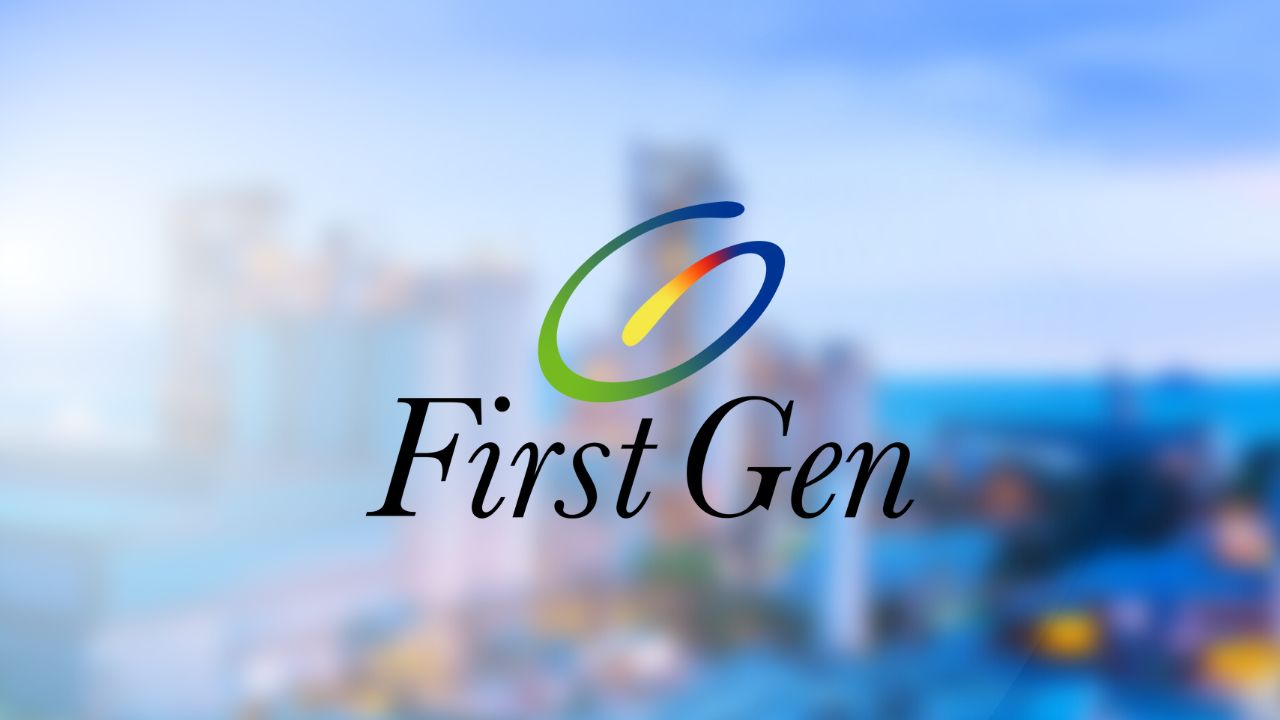Naukri.com has recently launched a brand new ad campaign in collaboration with Lowe Lintas. The campaign features two short ad films that boldly underline Naukri’s ambitious message to its younger, job-seeking audience: “All’s fair when you love your career.
” Both ad films target the Gen Z cohort (the generation born between 1997 and 2012). The first film is set in an office where a young woman is giving a verbal resignation to her manager, which is made to resemble a breakup closely. The manager, who is taking the resignation and breakup hard, responds, “How can you do this to us?” while pointing her towards the sign that her colleagues are holding above his head, which says, “We are one team.

” She swiftly responds, "I have dreams to pursue," and proceeds to walk away. The voiceover in the background validates her stance: “We get it. All’s fair when you love your career.
” The second film, also set in an office, shows a young man at his farewell party. His coworker jokes about how his early farewell will look on his CV. The departing young man then shoots back, saying that he may not know about how this will reflect on his CV, but it will definitely reflect well in his bank balance.
The validating voiceover plays again in the background. In a tell-all interview with afaqs!, Sumeet Singh, the Group CMO of Infoedge, Naukri’s parent company, talks about everything that has gone into the making of these ad films. She starts by talking about the Gen Z represented in the Naukri ad.
Busting all the stereotypes, she describes them as “an aware consumer" with attributes including "being self-aware, entitled, bold, brave, courageous, more risk-taking, and less risk-averse. And definitely as ambitious, if not more than, the earlier generations”. Elaborating further on whether the ad films run the risk of perpetuating the very stereotypes that they aim to combat, she clarifies, “I don't know whether there is a Gen Z stereotype or not.
So in my opinion, specifically, I don't think it's stereotyping Gen Z. Every generation comes with certain characteristics, and if a large percentage of the population falls under those characteristics, then we actually start saying that these characteristics belong to the Millennials or Gen Z or, tomorrow, Gen Alpha. So I would not call it stereotyping at all.
” However, stereotyping does exist in the corporate world. Naukri was motivated to conduct research after recognising some common stereotypes in corporate offices about Gen Z's workplace attitudes, such as concerns about their loyalty, tendency to get bored, and dislike for working weekends. This initiative aimed to gain a deeper understanding of what drives Gen Z's job searches.
“We conducted qualitative surveys with focus groups in bigger metros and some smaller cities, like Jaipur, Indore and Lucknow. The work was done about two years ago or maybe 18 to 20 months ago," she specifies when asked about the research methodology used to arrive at the data to formulate the ad films. Based on observations in the global press, the current job market appears to be in a continuous state of flux.
Owing to innovations in the artificial intelligence sector and ever-changing immigration policies in countries like the US, many working professionals already run the risk of losing employment. But in an evolving job market like ours, is job hopping, as depicted in the ads, the prudent thing to do? “Firstly, the ad is not saying that change. The ad is not trying to say that you must change for your bank balance.
The ad is trying to show an attitude. Whether you look at our ad last year, which was the carrot ad, or you look at the advertising this year, it's really about saying that people are making changes,” replies Singh. She continues, “So we are saying, 'Hey, listen, it should not be frowned upon because making the change does not mean that the person is frivolous and not serious about his or her career'.
It is a decision that they have carefully considered. At Naukri, we are simply expressing our support for their decision." Naukri’s new positioning—Naukri for the ambitious—is already paying off.
According to Singh, “Our initial reads of the campaign are excellent. We are seeing very good initial reads until now. Traffic is also up, you know, double-digit.
So we are happy. We are hearing good things about the ads.” Before the group CMO left, she highlighted a previous Naukri ad campaign that was launched during the corporate appraisal season.
The campaign installed a giant peanut at Cyber Hub, Gurgaon, a subtle commentary on the “peanuts for appraisal” that the employees received instead of the “big raise” that was promised. The campaign organically went viral in a display of Naukri’s resonance with the workforce that it works for. A post shared by afaqs! (@afaqsdotcom).
Why Naukri’s new IPL ad campaign validates Gen Z’s job-hopping culture

Naukri.com has recently launched a brand new ad campaign in collaboration with Lowe Lintas. The campaign features two short ad films that boldly underline Naukri’s ambitious message to its younger, job-seeking audience: “All’s fair when you love your career.” Both ad films target the Gen Z cohort (the generation born between 1997 and 2012). The first film is set in an office where a young woman is giving a verbal resignation to her manager, which is made to resemble a breakup closely. The manager, who is taking the resignation and breakup hard, responds, “How can you do this to us?” while pointing her towards the sign that her colleagues are holding above his head, which says, “We are one team.” She swiftly responds, "I have dreams to pursue," and proceeds to walk away. The voiceover in the background validates her stance: “We get it. All’s fair when you love your career.”The second film, also set in an office, shows a young man at his farewell party. His coworker jokes about how his early farewell will look on his CV. The departing young man then shoots back, saying that he may not know about how this will reflect on his CV, but it will definitely reflect well in his bank balance. The validating voiceover plays again in the background. In a tell-all interview with afaqs!, Sumeet Singh, the Group CMO of Infoedge, Naukri’s parent company, talks about everything that has gone into the making of these ad films.She starts by talking about the Gen Z represented in the Naukri ad. Busting all the stereotypes, she describes them as “an aware consumer" with attributes including "being self-aware, entitled, bold, brave, courageous, more risk-taking, and less risk-averse. And definitely as ambitious, if not more than, the earlier generations”. Sumeet Singh, Group CMO of Infoedge (Naukri’s parent company)Elaborating further on whether the ad films run the risk of perpetuating the very stereotypes that they aim to combat, she clarifies, “I don't know whether there is a Gen Z stereotype or not. So in my opinion, specifically, I don't think it's stereotyping Gen Z. Every generation comes with certain characteristics, and if a large percentage of the population falls under those characteristics, then we actually start saying that these characteristics belong to the Millennials or Gen Z or, tomorrow, Gen Alpha. So I would not call it stereotyping at all.” However, stereotyping does exist in the corporate world. Naukri was motivated to conduct research after recognising some common stereotypes in corporate offices about Gen Z's workplace attitudes, such as concerns about their loyalty, tendency to get bored, and dislike for working weekends.This initiative aimed to gain a deeper understanding of what drives Gen Z's job searches.“We conducted qualitative surveys with focus groups in bigger metros and some smaller cities, like Jaipur, Indore and Lucknow. The work was done about two years ago or maybe 18 to 20 months ago," she specifies when asked about the research methodology used to arrive at the data to formulate the ad films. Based on observations in the global press, the current job market appears to be in a continuous state of flux. Owing to innovations in the artificial intelligence sector and ever-changing immigration policies in countries like the US, many working professionals already run the risk of losing employment.But in an evolving job market like ours, is job hopping, as depicted in the ads, the prudent thing to do? “Firstly, the ad is not saying that change. The ad is not trying to say that you must change for your bank balance. The ad is trying to show an attitude. Whether you look at our ad last year, which was the carrot ad, or you look at the advertising this year, it's really about saying that people are making changes,” replies Singh.She continues, “So we are saying, 'Hey, listen, it should not be frowned upon because making the change does not mean that the person is frivolous and not serious about his or her career'. It is a decision that they have carefully considered. At Naukri, we are simply expressing our support for their decision."Naukri’s new positioning—Naukri for the ambitious—is already paying off. According to Singh, “Our initial reads of the campaign are excellent. We are seeing very good initial reads until now. Traffic is also up, you know, double-digit. So we are happy. We are hearing good things about the ads.”Before the group CMO left, she highlighted a previous Naukri ad campaign that was launched during the corporate appraisal season. The campaign installed a giant peanut at Cyber Hub, Gurgaon, a subtle commentary on the “peanuts for appraisal” that the employees received instead of the “big raise” that was promised. The campaign organically went viral in a display of Naukri’s resonance with the workforce that it works for.View this post on InstagramA post shared by afaqs! (@afaqsdotcom)














